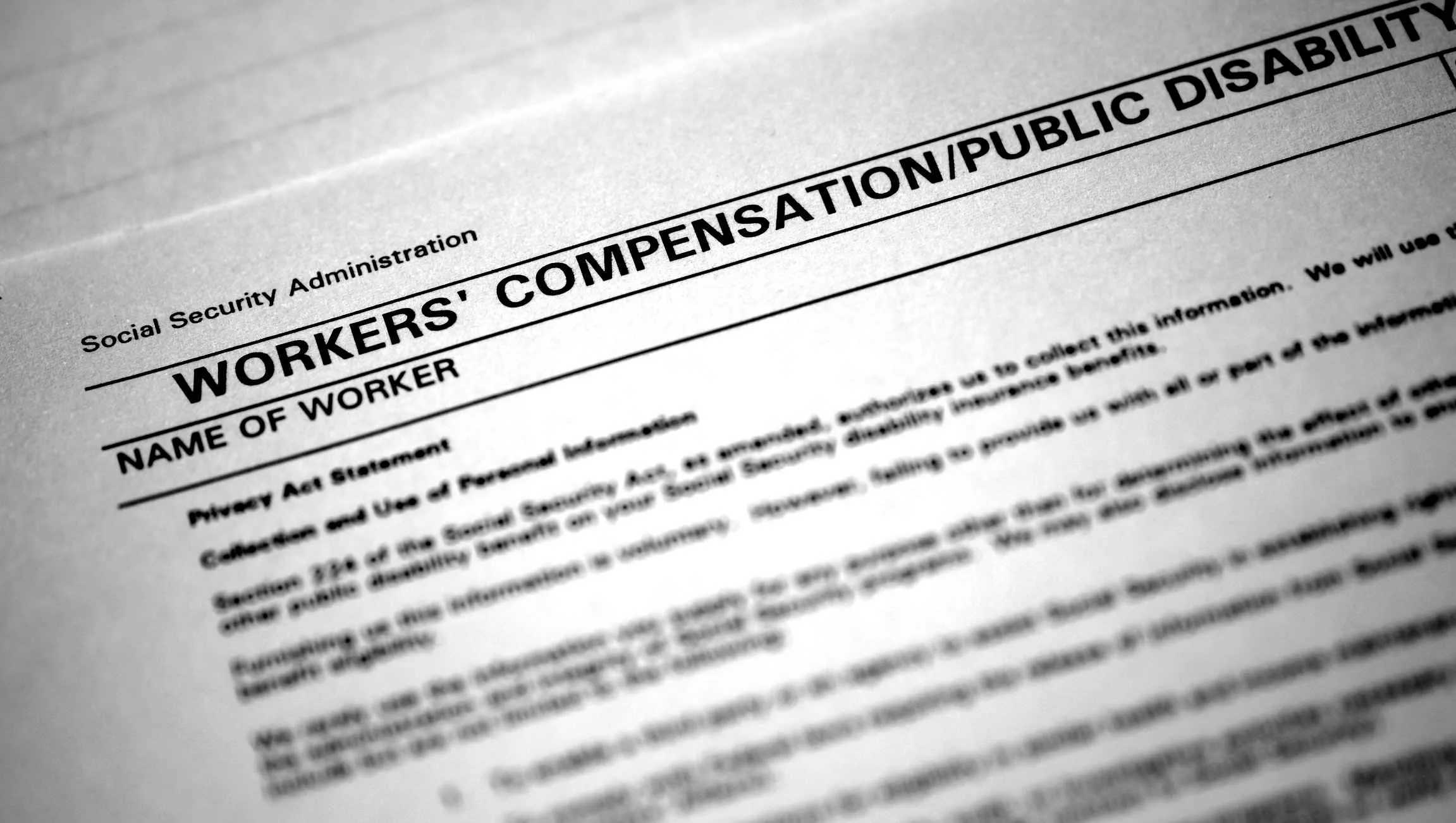Workers’ compensation lawyer
Workers’ comp insurance serves two purposes: to quickly provide benefits to employees who are injured but still need money coming in steadily and to protect employers from personal injury lawsuits resulting from work injuries.
At least, that’s how it’s supposed to work. But too often, injured workers are denied benefits. Insurance companies look for any reason they can deny your claim so they can increase their profits. Employers might not file the claim at all in order to save on insurance premiums.
If your claim is denied, a workers’ compensation lawyer can help you appeal the denial. The appeals process may be rather simple to start with, but it can become complicated quickly. An experienced workers’ comp attorney can help ensure your claim is not denied unfairly. Search attorneys on LawyerUp as soon as possible to speak with an experienced workers’ compensation lawyer.

What’s the insurance company’s role in the process?
To put it bluntly, insurance companies don’t work for you, they work for profit. They don’t make a profit if they pay you every cent of what you deserve, so they’re going to try and deny or devalue your claim. This will likely include an investigation into your injury.
The insurance company may interview your family members or use video surveillance to monitor your activities in an effort to deny your claim. Don’t let them get away with these tactics – partner with a workers’ compensation attorney from LawyerUp and protect your right to benefits.
Important workers’ compensation laws
Each state has different laws dictating what employers are required to carry workers’ comp insurance, and what injuries are eligible for benefits.
For instance, in Georgia the Workers’ Compensation Act requires any company that has three or more employees, including regular part-time employees, to carry workers’ comp insurance. Not carrying workers’ compensation insurance if required to do so is a misdemeanor, which carries a fine of up to $1,000 and may also include jail time.
Besides employees of companies with fewer than three employees, there are other workers who are not covered by the Workers’ Compensation Act. These include:
- Independent contractors
- Farm laborers
- Most railroad employees
- Domestic servants
- Federal government employees
Qualifying injuries
Most injuries that occur due to your performance on your job are covered by workers’ comp insurance. This includes gradually onsetting conditions, such as a workplace illness or carpal tunnel syndrome. In most cases, workers’ comp does not cover emotional or psychological injuries, unless that condition is caused by a related physical injury.
Disqualifying injuries
There are some injuries that do not qualify for workers’ compensation benefits. These include:
- Self-inflicted injuries
- Injuries due to willful misconduct
- Injuries that occur when you are under the influence of alcohol or drugs
- Injuries that occur when you refuse to wear proper
protective equipment, or willfully ignore safety procedures
In addition, failing to seek proper medical attention, report the injury promptly, and submit to drug or alcohol tests can disqualify you from workers’ compensation.
Necessary documentation
You’ll need to provide documents to support your claim. Depending on where you live, you may need to provide:
- Incident report – Report that includes the date, time, and location of the incident that caused your injury or illness, among other details.
- Medical reports – Records from your physician that detail your injury or illness, including diagnosis, treatment, and prognosis.
- Witness statements – Truthful statements from witnesses who saw the incident.

What kinds of benefits may I receive?
You can receive the following benefits in a successful workers’ compensation claim:
- Medical expenses – Necessary and reasonable medical expenses related to the employee’s work-related injury or illness.
- Lost wages while you’re away from work.
- Rehabilitation services – Vocational rehabilitation to help you return to work.
- Permanent disability benefits (if applicable) – Paid for a percentage of your average weekly wage
- Death benefits (if applicable) – Paid to the employee’s dependents if the employee dies as a result of their work-related injury or illness.
Understanding the workers’ comp process
Reporting the injury
If you are injured on the job, the very first thing you need to do is report the injury to your employer. They will have specific paperwork you need to fill out. On your report, be sure to include all the details you can, including the time and date, the location of the injury, details of what happened, the injuries you sustained, and more.
Seeking medical attention
Once the report is completed, seek medical attention immediately. If you are too injured to fill out the report, seek medical attention first and the form will be completed for you. You are not permitted to go to just any doctor. Instead, you must go to one of the physicians chosen by your employer. If you need emergency medical care, you are permitted to go to the nearest emergency room, but any follow-up care must be with an approved physician.
If you are unhappy with the initial doctor, you may switch to a different approved doctor once. Your employer must approve any further change. If you go to an unapproved doctor, your medical costs will most likely not be covered. However, if your employer has not prominently posted a list of approved doctors, you may go to your own physician.
Filing your claim for benefits
After you make your report, you have one year to file your claim for benefits in most cases. If you are denied, you will be given a reason why. That reason may be easily fixed, such as paperwork filled out improperly or if it may be more complex. In either situation, a workers’ comp attorney can help you appeal the decision.
Get help from a skilled workers’ compensation lawyer today
If you’ve suffered an illness or injury due to your job, you have legal rights. Your workers’ comp claim might be denied, but that’s not the end of the road. A workers’ compensation lawyer can help you appeal the denial and get the benefits you deserve. Use LawyerUp to get in touch with an attorney today.
